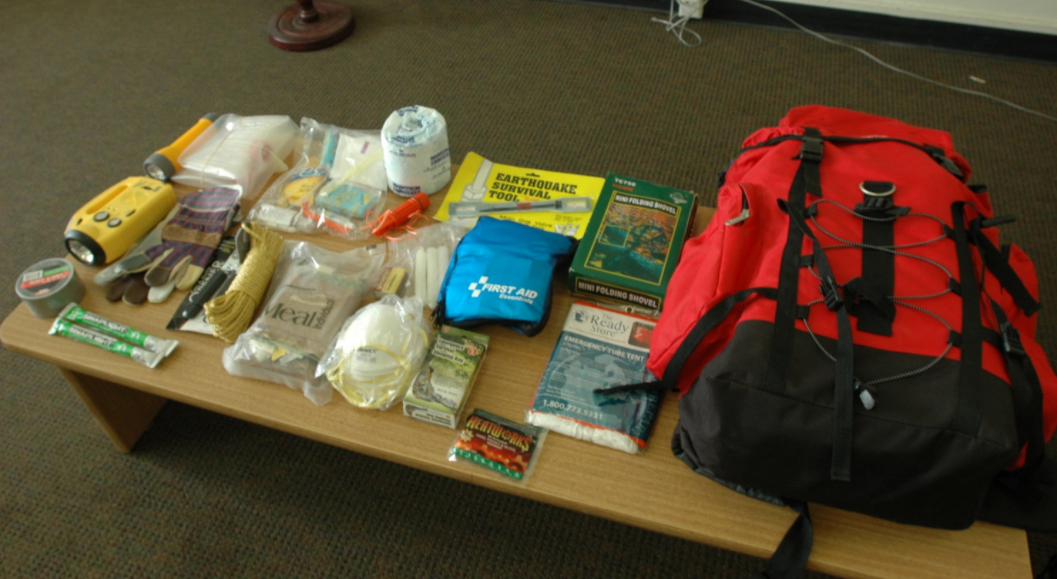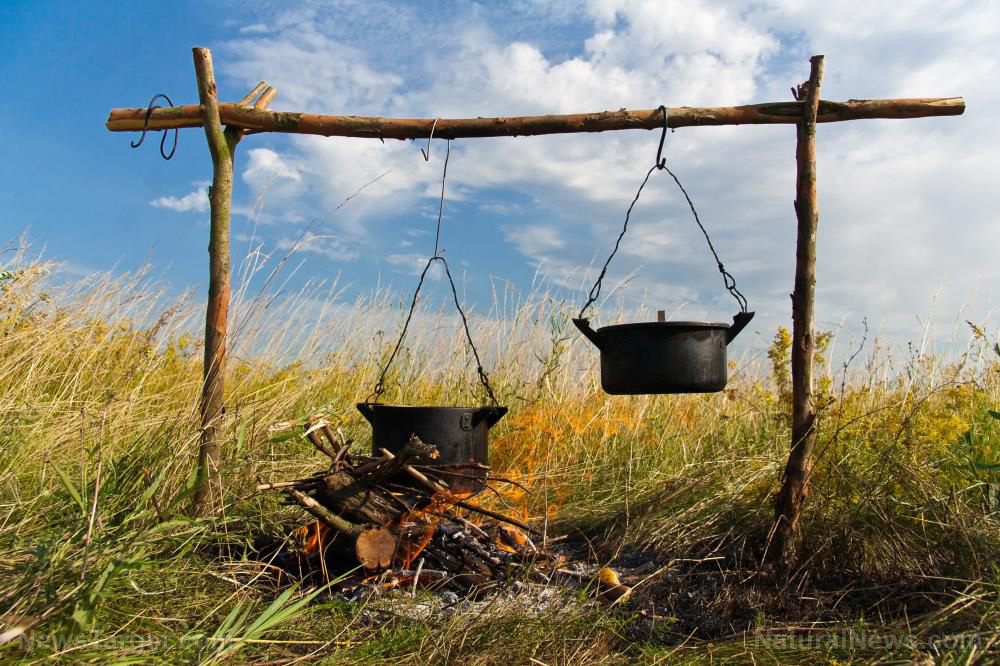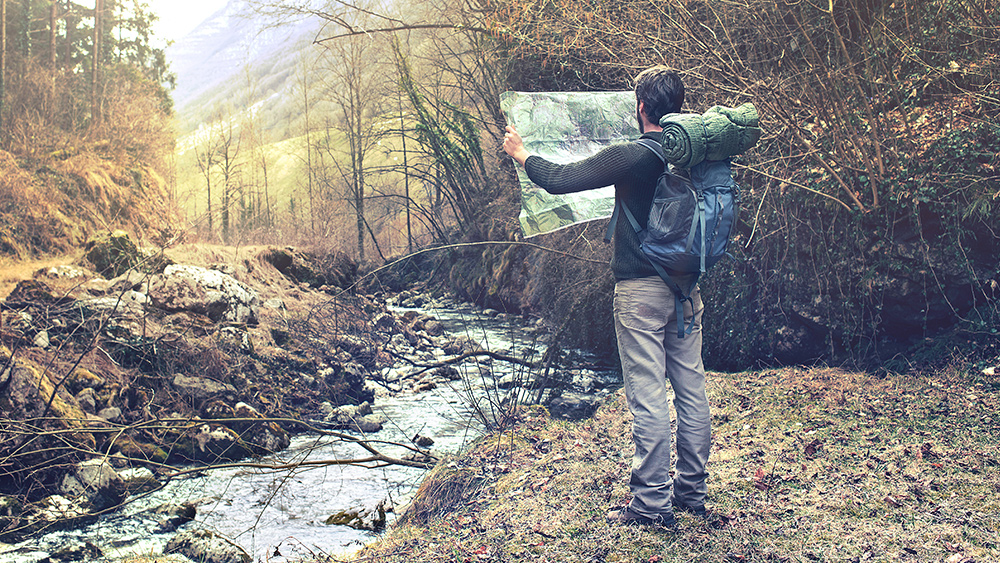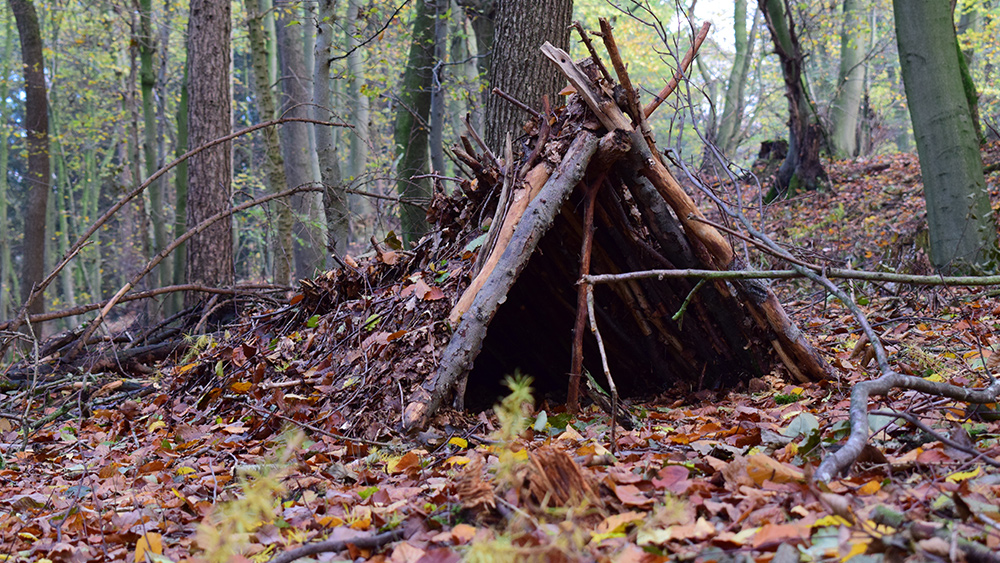
When people think about prepping, the image that often comes to mind is a well-stocked supply room, packed to the brim with food, medicines, and other emergency supplies. The idea is that if you have all that equipment, then you can be ready for anything. In this context, minimalism might sound like the antithesis to prepping. However, it is possible to make prepping and minimalism coexist. Here are a few ways to prep using just the essentials. (h/t to SurvivalBlog.com.)
Minimalism is a lifestyle choice that revolves around only keeping the bare minimum of personal possessions, the possessions you need to survive. With this in mind, you can begin to make sense of how minimalism can coexist alongside a prepper's lifestyle. After all, you won't need much to survive, just the basic essentials. Less physical possessions mean less things to worry about. With minimalism, you can start to live a life free from physical, and even emotional, baggage. (Related: How to start living a minimalist life with less stuff and more happiness.)
Sort out sentimental items
Minimalism means only keeping items that have a practical use. This means you might have to let go of some items that have no purpose other than sentimental value. Of course, it is important to have a few keepsakes that remind us of the people who are important to us, but if these items are doing little more than gathering dust or cluttering up your home, then perhaps it is time to reassess how much they mean to you. You don't have to give away all your possessions of sentimental value, just make sure that the ones you do keep don't get in the way of your prepping.
Identify and prioritize your belongings
Go through all of your personal belongings and put them into categories. These categories should include food and water, education, clothes, shelter, security, health, and communication. Even sentimental items can fall under mental or emotional health. Keep everything that belongs in any of these categories. If any of your possessions don't fall under any of them, then you can give them away to someone else who might appreciate them more. You can also choose to sell these items for some extra money.
Get rid of duplicates
With a few exceptions, having one of anything should be enough. If you have more of one of the same thing, keep the one of the best quality and you can give the rest away.
Follow the "Power of Three"
For sentimental items and other personal belongings without a practical use, you can follow the "Power of Three" by keeping only three of these items in each category. For example, you can keep a maximum of three posters or three decorative items. Keep the items of the highest quality and the ones with the most personal meaning to you.
Make sure everything is easily accessible
Simply put, avoid all clutter. Make sure everything is exactly where they are meant to be and you should be able to find them at a moment's notice if you need to. This also means keeping everything organized in a logical manner. You shouldn't have to go through several shelves and cabinets just to find one item. As much as possible, keep everything visible. Critical survival gear should be hidden in plain sight, but easy to fetch when the need arises.
If you want to learn more about prepping with just the essentials, you can read more articles by going to Preparedness.news.
Sources include:
Please contact us for more information.





















